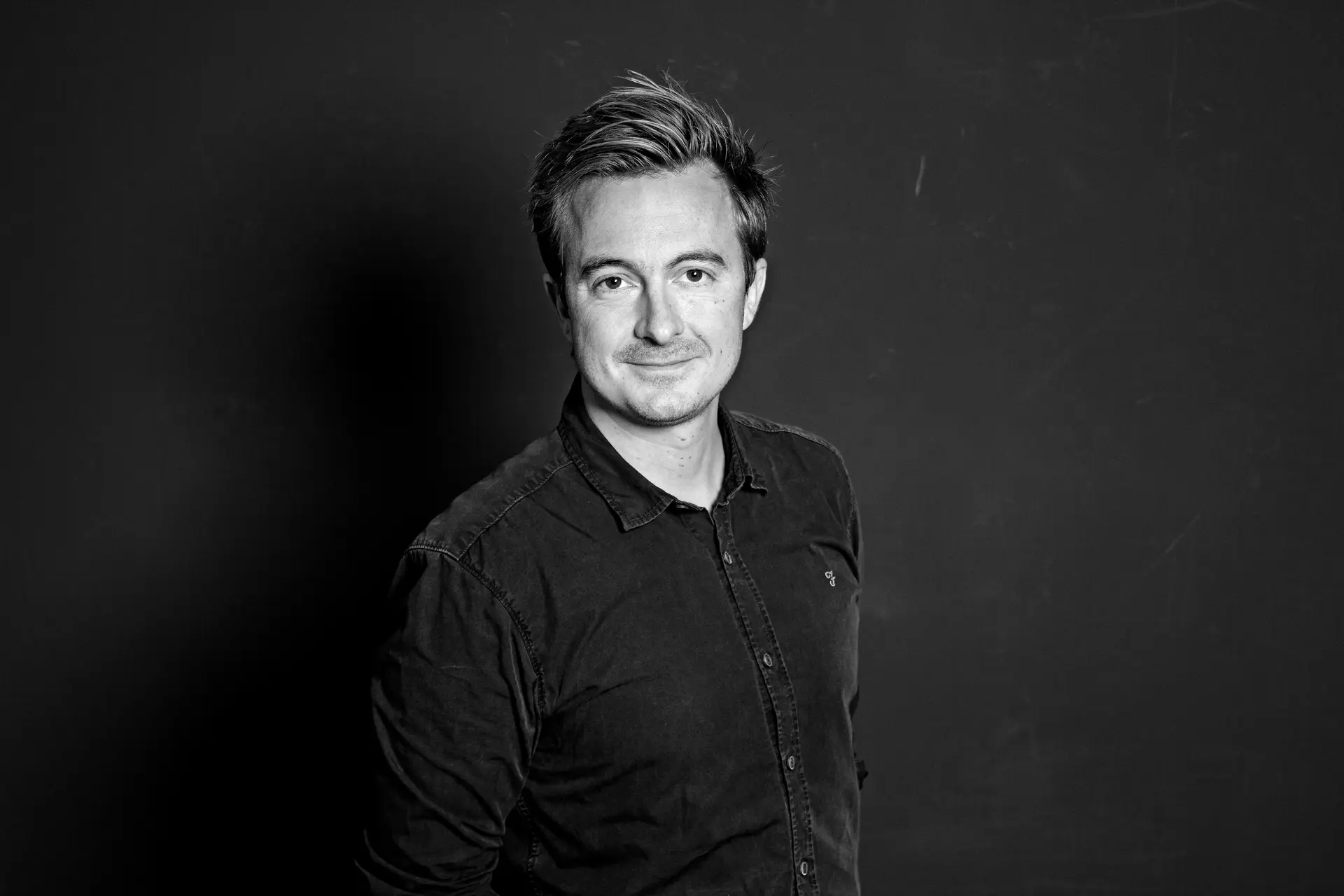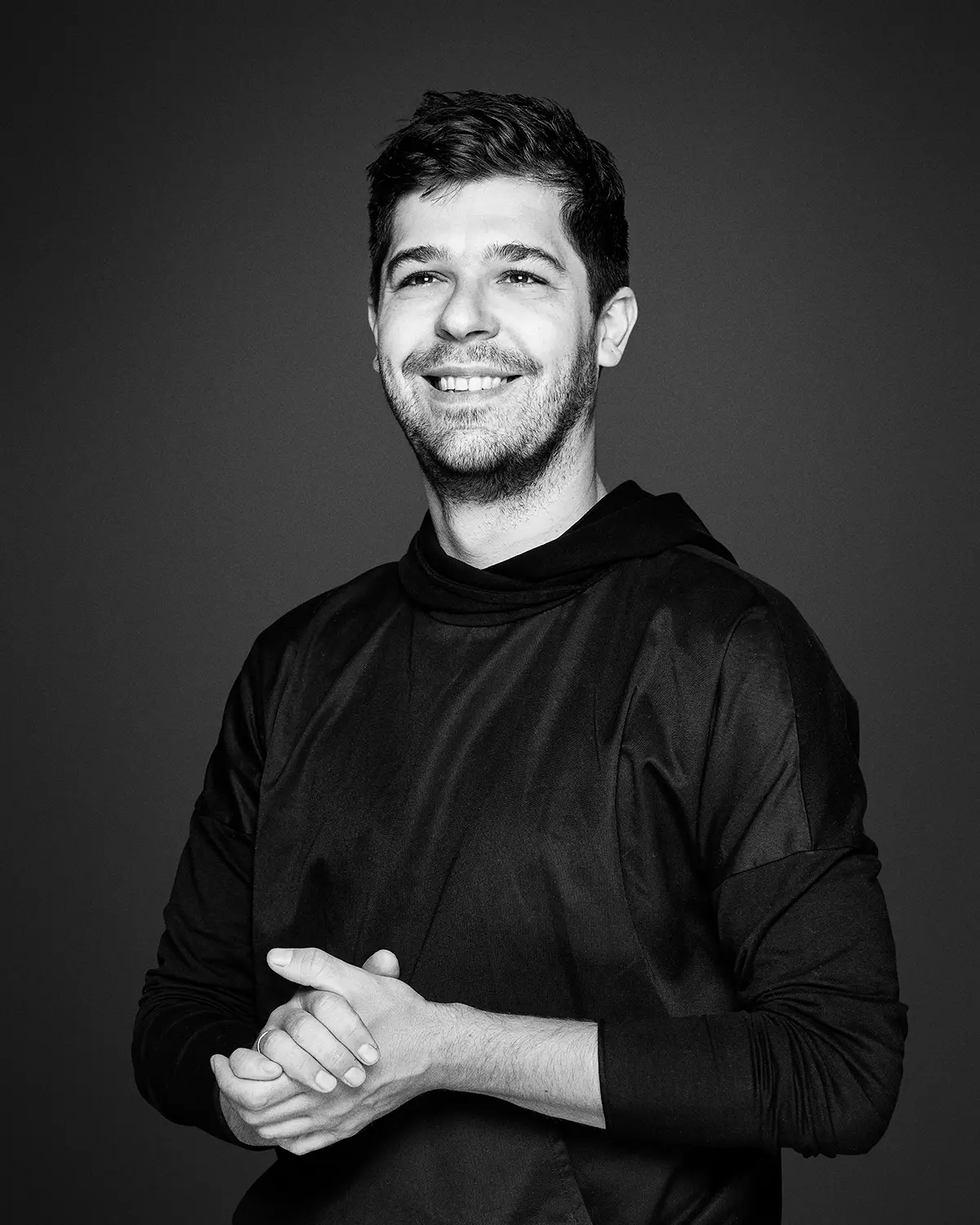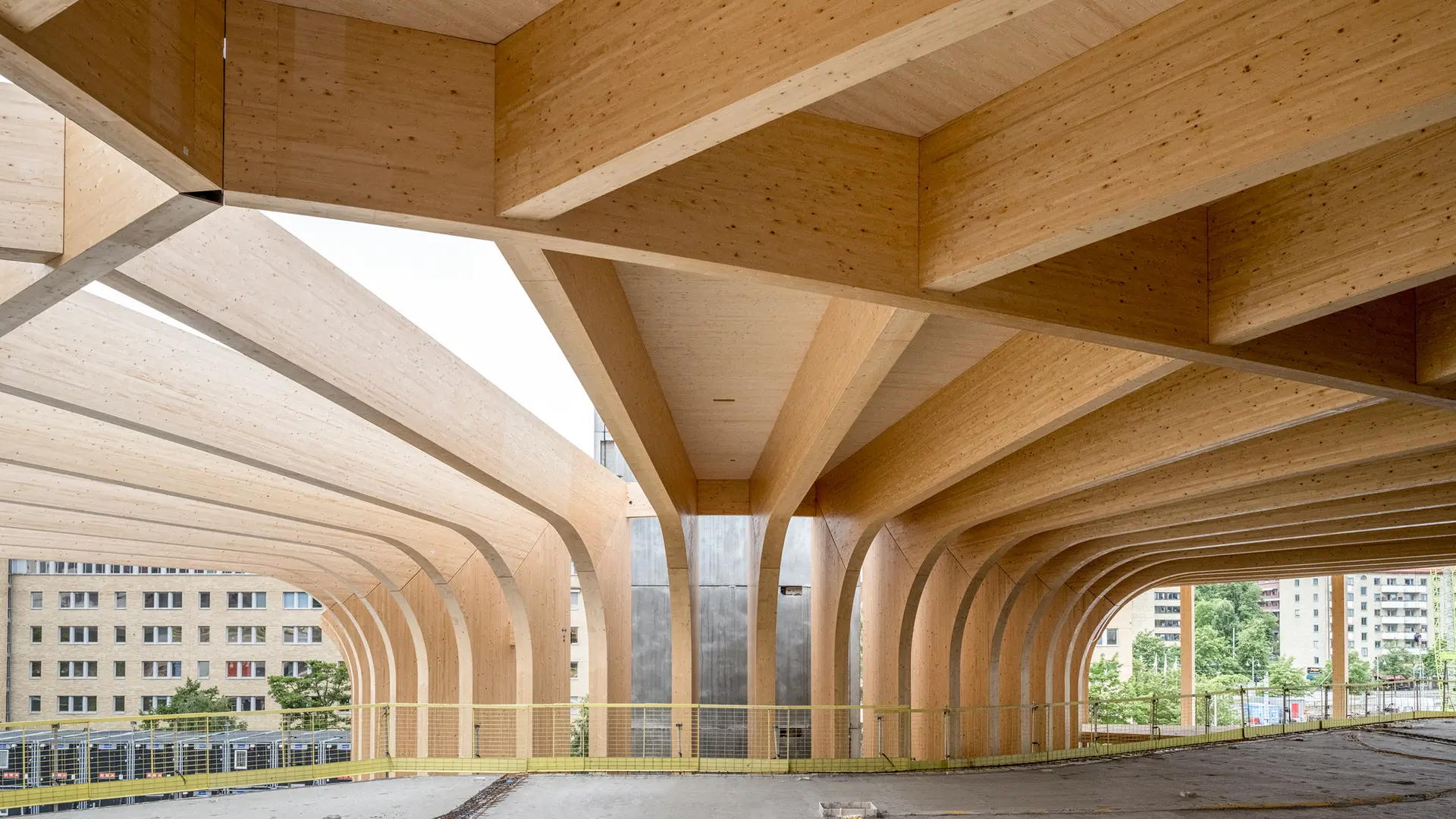From the ground up: rammed earth campus for football academy

Construction is underway on the new campus for El Cambio Academy, a youth football and education initiative in Masaka, Uganda. The campus is funded by Ramboll Foundation and Henning Larsen and is designed modularly using rammed earth bricks made from soil on site.
Contact

Project Manager, Constructing Architect

Social Impact and Co-creation Lead

Mateusz Mastalski
Associate Design Director, Head of Urbanism
The 10,258m² masterplan includes primary and secondary school buildings, a gymnasium, male and female dormitories, and a variety of flexible indoor-outdoor learning spaces. A full-size football pitch and dedicated playground sit at the heart of campus life, connected by a walking trail that loops the site to encourage movement and community connection.
Informed by local insights, designed to support a resilient community
Ahead of the design process, Mateusz Mastalski, Head of Urbanism; Maya Shpiro, Social Impact and Co-creation Lead; and Peter Tegner Matz, Lead and Constructing Architect visited Masaka and met the El Cambio students and staff to better understand the ambitions of the academy. These firsthand insights, and our collaboration with local design studio, Siimi Design Studio, have shaped a design deeply rooted in its locality.
The buildings will be constructed using local materials such as clay, wood, and rammed earth techniques. The outer walls are built with 400mm rammed earth bricks, repurposed from soil excavated on site and finished with clay plaster to enhance durability and thermal performance. Inside, walls are made from woven wooden stick screens coated with adobe, while slanted roofs of papyrus screens, corrugated sheets, and timber rafters, ensure acoustic comfort and natural climate regulation.
El Cambio shows how local materials, and collaboration can lead to resilient, adaptable design. By working closely with Ugandan partners, we’ve created a campus that responds to both climate and community – and can grow over time.
Jakob Strømann-Andersen
Director, Innovation and Sustainability

Supporting future growth
The first phase of construction is the boys’ dormitory with completion expected for end of summer 2025. The dormitories highlight the project’s modular approach. Made with woven papyrus textile filled with wooden screens, coated with clay plaster, and supported by timber rafters, the design allows for easy repair or reconfiguration over time.
In the warm and humid Ugandan climate, natural ventilation is key to comfort. Inspired by traditional methods, the building use passive solutions: slanted roofs and woven wooden screen support natural airflow, while dormitories feature discreet openings that let in fresh air and soft daylight while maintaining a sense of privacy.
Concrete is only used for foundational elements such as slabs and plinths that elevate the buildings above ground level, ensuring resilience during the rainy season.
When complete, the new El Cambio Academy campus will welcome 60 children aged 9–16.El Cambio Academy offers full scholarships to all students, combining academic education with football training and mentorship. The first phase is made possible by 800,000 DKK in funding from the Ramboll Foundation and an additional 250,000 DKK from Henning Larsen.





